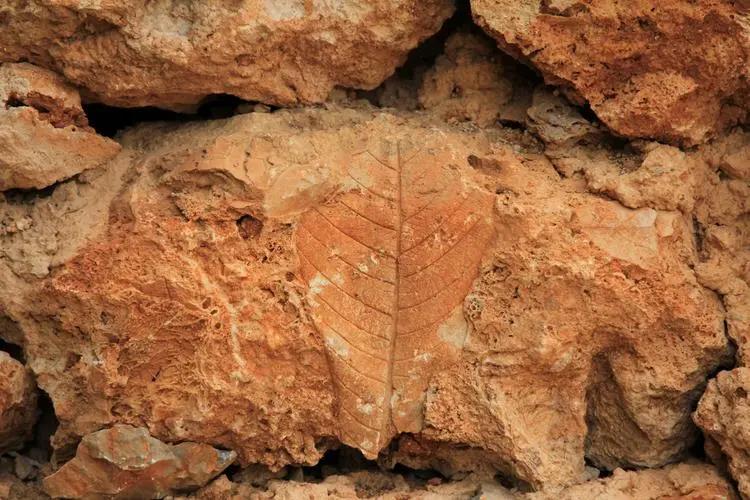


In the distant geological ages, there were numerous life forms on Earth. Due to changes in the geographical environment, they eventually met their demise. After their death, their bodies were covered by sediment and, over time, turned into fossils along with the surrounding deposits. Through the study of fossils, scientists can not only identify the types, forms, and structures of ancient organisms but also infer the rules of biological evolution. Therefore, fossils hold great significance in the study of biological processes.
In a village in Yunnan, China, known as Fossil Village, fossils are found everywhere. This village is called Laoxudian Fossil Village in Shiping, situated amidst rugged mountains along the Tropic of Cancer between Shiping County and Honghe County. It is a Yi ethnic village with a history of 500 years, and most of the village's construction materials consist of fossils dating back 350 million years, mined from the mountains behind the village.
Laoxudian is called "Luosuoda" in the Yi language, meaning a place where "Luosuo trees" grow. It was constructed using fossils from millions of years ago, making the entire village resemble an ancient castle, mysterious and romantic. This area features typical karst landforms, with steep slopes and an altitude of 1700 metres, housing over 80 households and more than 300 residents. The houses in Laoxudian Village are built into the mountains, stacked in terraces from the foot of the slope to the mountaintop, forming a connected village structure. Each house has a contiguous sun-drying area on its roof, typical of Yi earth and adobe houses. From a distance, these adobe houses extend from the foot of the slope all the way to the mountaintop, connected both vertically and horizontally.
It is known that the village's building materials are made of a locally produced calcium carbonate limestone, which contains fossils. People living here have used this fossil-containing stone to build houses since ancient times. Over time, this sedimentary rock has solidified into a sturdy whole, creating the distinctive architectural style of the village. Approaching any wall, you will find many fossils embedded in it, making each wall appear like a rare fossil exhibition. These houses, constructed from fossils, provide sound insulation, heat insulation, as well as permeability for water and air, ensuring warmth in winter and coolness in summer. When touched, you can feel the warm texture of the fossils.
Walking through this quaint village, under the towering trees, the spring water flows quietly. The fossil-built houses are layered amidst the mountains. Strolling around, you can carefully observe the various fossils embedded in the walls, as if you've stepped into a tunnel of time. Wandering through the village, you can witness and touch uniquely shaped plant fossils, as if hearing the ancient rustling of leaves, and envisioning the beautiful scenery of that time.
The peculiar fossil houses, villagers leisurely walking on the road, the rustic architectural layout, and the simple folk customs, all come together like a painting, showcasing the original ecological strength and charm of human life deep in the mountains.
According to experts, the fossils in Fossil Village are relatively common and are not considered cultural relics, lacking significant collection value. However, this fossil village is exceptionally special. It has been listed as one of the fifth batch of traditional villages in China, becoming one of the most mysterious villages in China.
Furthermore, Fossil Village has rich natural landscapes awaiting exploration by visitors. Tourists can stroll through lush forests, experience agricultural life, and learn about the local people's way of life. For those who enjoy outdoor activities, activities such as mountain climbing, hiking, and camping are also excellent options.
Anyi Village, Shuangjiang County, Wenshan Zhuang and Miao Autonomous Prefecture, Yunnan Province
Laoxudian Village is 50 km away from Shiping County. The entire route is a township-level cement road, narrow with many bends and steep slopes. The road conditions are not favourable, so it is recommended to have an experienced guide lead the way and try to avoid self-driving.
Laoxudian is an absolute ecologically pristine village with no inns or restaurants. If you plan to stay overnight, camping is the only option, and it's free of charge.









